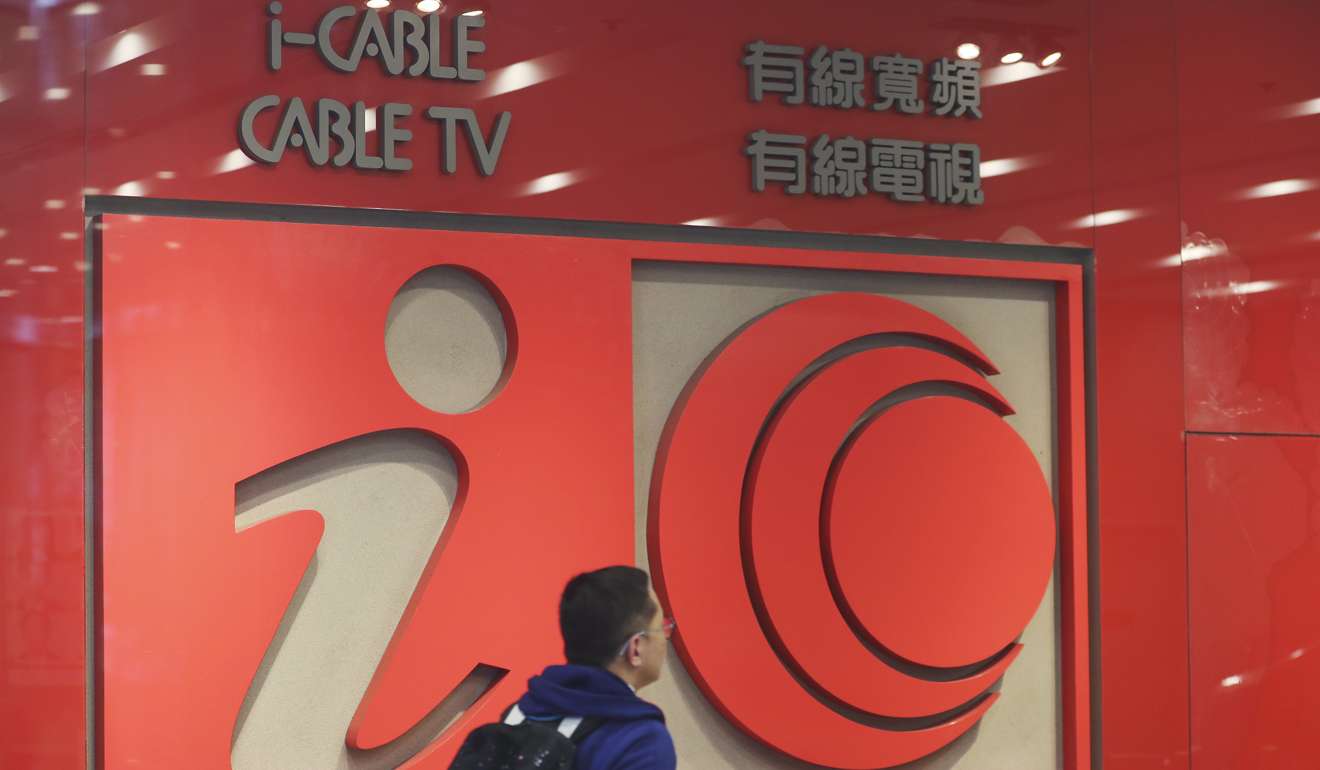i-Cable’s demise is a case study in how property conglomerates fail at innovation
‘Wharf runs i-Cable like a real estate franchise rather than an enterprise under threat’

Behind the death of i-Cable lies a story of lost opportunities and lackluster management. For 24 years Wharf (Holdings) was unable to come to grips with jeopardy-laden warnings about the inevitable, uncertain and destructive wave of technology upheaval that overtook the global cable and television industries.
Last week, Wharf said in a Hong Kong stock exchange announcement that it intended to cease financing its i-Cable subsidiary after the expiry of its statutory licence commitment. Wharf said in the announcement that i-Cable made a loss of HK$313 million (US$40.32 million) in 2016. The local conglomerate made a core profit of HK$13.8 billion last year, a year-on-year- increase of 25 per cent. The company has been trying to sell i-Cable for a year, but no deal could be closed.
Back in the 90s, the Hong Kong government handed out telecom and cable licenses to the usual cast of local property developers and conglomerates as if an oligopoly was best run by rent seekers. But, these industries are more complicated than just your usual Hong Kong concession in something like horse racing and football betting. Wharf runs i-Cable like a real estate franchise rather than an enterprise under threat by outside forces like technology and substitute services.
I remember attending a presentation by Steve Case, the co-founder and head of AOL in 1993, about the same time i-Cable was started. AOL was a leader in a new industry, the internet and social media, and its killer app was email. Case elaborated on how he thought the internet would become a portal for all media and communication from news to movies. And that was at a time when updates to the AOL browser had to be mailed on discs via snail mail. I certainly couldn’t understand his vision then, but today it is clear that charging ridiculously expensive subscription fees was not sustainable.
Indeed, the monthly subscription rates for cable TV services in Hong Kong rivalled premium cable in a major US metropolitan area for programming bundles that were far less entertaining. Today, even those bundles are dying and US subscribers have been “cutting the cord” to return to cheaper terrestrial broadcasters or watch over the internet.

Even with the benefit of an oligopoly, Wharf’s management still bungled i-Cable’s simple startup. Wharf had to take a US$128 million retroactive provision against 1999 earnings after losing an appeal in a US court in 2000. A US appeals court supported a 1997 ruling ordering it to pay damages to United International Holdings (UIH) for alleged breach of contract and fraud. UIH claims that it was granted in 1992 the right to acquire a minimum 10 per cent of the cable TV operations of Wharf in exchange for acting as a consultant in the i-Cable bid, but that Wharf reneged.
I can’t think of many young, educated viewers in the 18 to 35 age demographic attracted to i-Cable’s dreary programming. The internet is simply too attractive for this group. The problem in these Hong Kong conglomerates is that they are primarily run by accountants who can’t see beyond near term profit- vision, invention, innovation is alien to them.
Contrast Wharf’s ossified imagination with Netflix, which has emerged as one of the TV industry’s most powerful forces with shows including House of Cards earning awards and attracting millions of viewers. The Los Gatos, California based company has come a long way from starting as a mail order DVD operation, then a streaming platform for largely old programming, and then a content contender. They plan to release about 30 original films this year from small budget pictures made by independent producers to lavish Hollywood productions. That’s a bigger slate than most major studios. It is only a matter of time before the cinema experience dies away.
Wharf has as much money as Netflix, but I can’t imagine them hiring Netflix’s level of talent. i-Cable became an anachronism by failing to fully exploit the opportunities of its fibre optic broadband network. One of its competitors, Hong Kong Broadband Network rolled out better offerings so i-Cable quickly lost subscriptions to its broadband and TV services despite its synergies. Hong Kong’s television viewing trends have also radically changed as internet based outfits like Netflix have recently proven.
Wharf could have saved itself the fees it paid Goldman Sachs to find a buyer by realising it was way out of its depth in this business and stick to rent collecting. Unfortunately, all these local companies can only think of is how to squeeze profits out of Hong Kong- a small market, rather than expanding or inventing new technology.
Peter Guy is a financial writer and former international banker